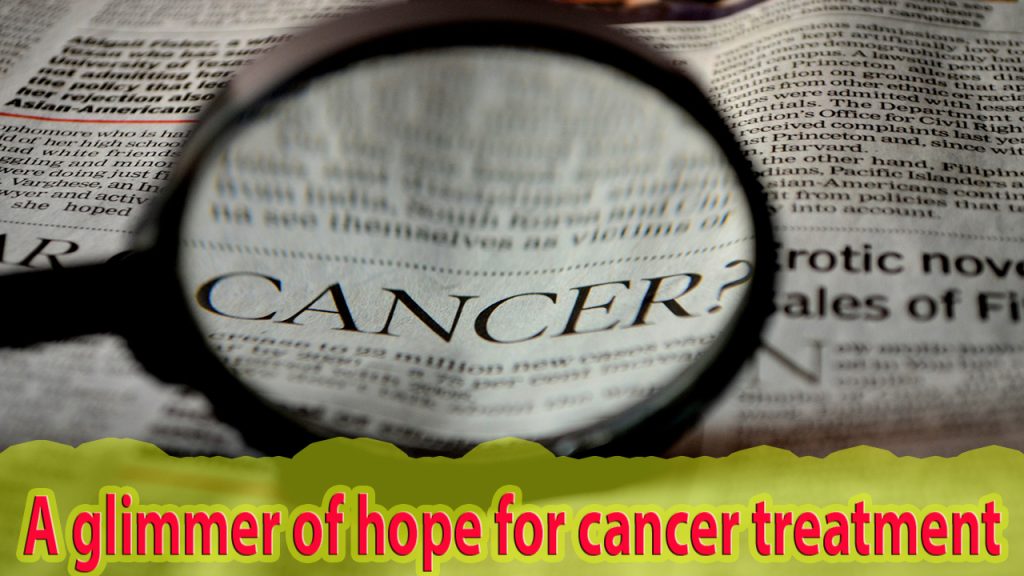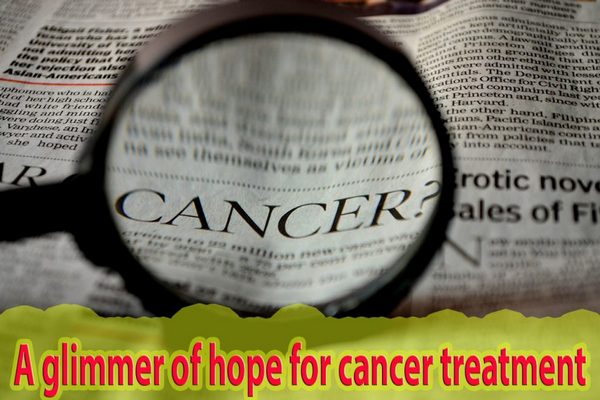The Unexpected Outcome of a Cancer Trial: Cure in Every Patient

The study had a limited sample size, and researchers agree that it needs to be repeated. On the other hand, the outcome led to “pleasing expectations of future cancer therapy” for 18 people who were diagnosed with rectal cancer.
Small cancer research, but a stunning finding!
It was a small experiment, with just 18 individuals suffering from rectal cancer, all of whom were given the same anti-cancer medication.
However, the findings were somewhat surprising. In every single patient, the cancer was completely gone. There was no sign of it on physical exams, endoscopies, PET scans, or MRI scans.
These individuals suffering from rectal cancer had had rigorous treatments, including chemotherapy, radiotherapy, and, most likely, a life-changing operation that might result in bowel problems, urine dysfunction, and sexual dysfunction. Some might require colostomy bags.
They joined the trial knowing that, after it was done, they would have to undergo those operations since no one anticipated their tumors to go away.
Cancer specialists are surprised by the results.
But they got a surprise: No more therapy was necessary. According to Dr. Alan P. Venook, a specialist in colorectal cancer at the University of California, San Francisco, who was not engaged with the study but stated he agreed that this was a first, he was not involved with the study.
He says that it is “unheard of” for every single patient to have full remission.
Dr. Luis A. Diaz Jr., who works at the Memorial Sloan Kettering Cancer Center and is one of the authors of a paper describing the results that was published on Sunday in the New England Journal of Medicine and was sponsored by the pharmaceutical company GlaxoSmithKline, stated that he was not aware of any other study in which a treatment completely eradicated cancer in every patient.
According to Dr. Diaz, “I believe this to be the first time that something like this has happened in the history of cancer treatment.”
According to Dr. Andrea Cercek, an oncologist at Memorial Sloan Kettering Cancer Center and a co-author of the article, which was presented on Sunday at the annual conference of the American Society of Clinical Oncology, “There were a lot of joyful tears.”
What about the side effects of the medication?
Checkpoint inhibitors, which include Dostarlimab, are associated with an adverse response in approximately one out of every five individuals who take these medications. The drug was administered every three weeks for six months and cost around $11,000 per dose. It unmasks cancer cells, allowing the immune system to detect and eliminate them.
Although the majority of side effects are treatable, between 3 and 5% of patients who use checkpoint inhibitors experience more serious consequences. In rare cases, these problems can cause weakness in the muscles and make it hard to swallow and digest food.
On the drug’s future steps
Two years after the study, the patients still don’t seem to have cancer, and none of the people who took part in the study have had chemoradiotherapy or surgery yet. We don’t know much about how long it takes to find out if a clinical complete response to Dostarlimab means that a person is cured.
And these are drugs that have been used to treat melanoma and other cancers for a long time. However, they have only been used regularly to treat colorectal cancers in the last few years.
Patients with these kinds of tumors tend to respond less well to chemotherapy and radiation treatments, which makes it more important to remove their tumors through surgery.
Scientists want to see a larger trial in which this medicine is utilized in a lot more diversified context in order to determine what the genuine response rate will be. It will not end up being one hundred percent. I think we will be able to do this consistently once we know what the real response rate is.







